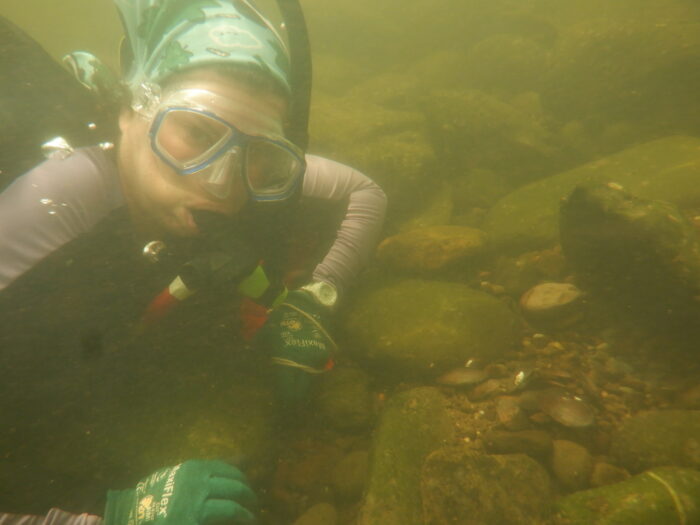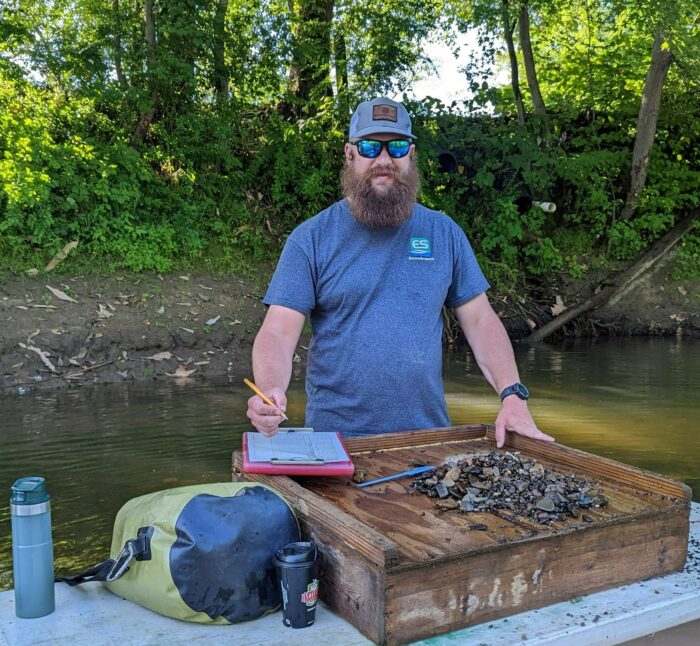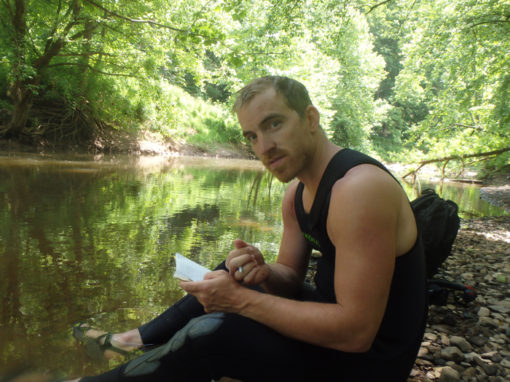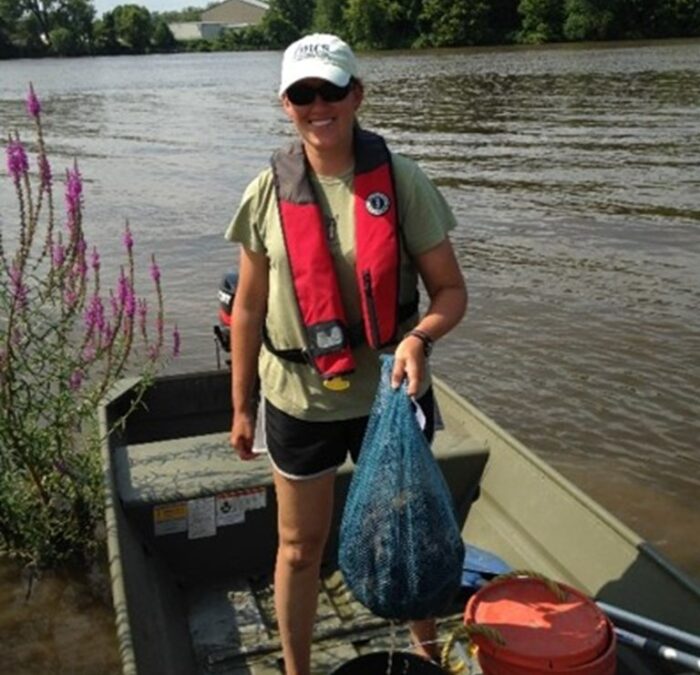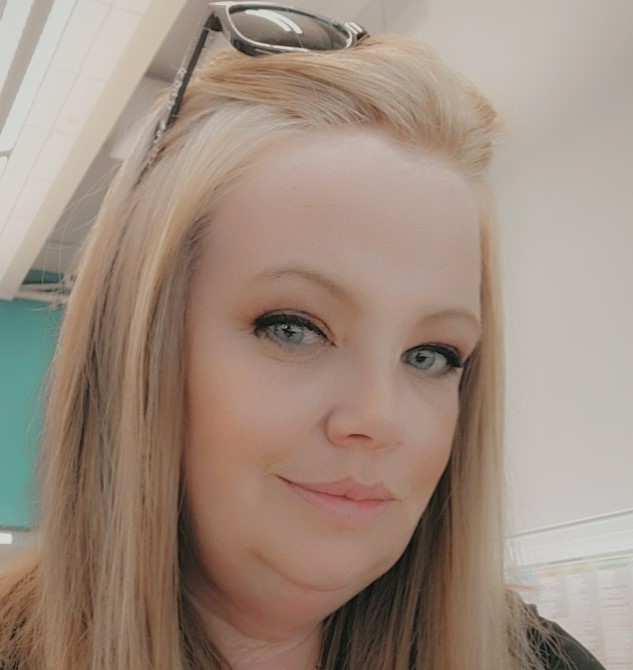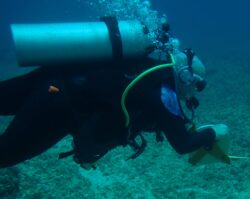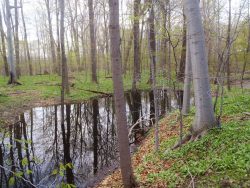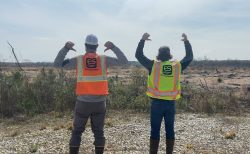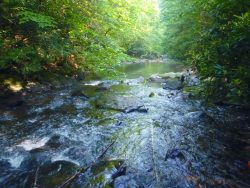USFWS Proposes Critical Habitat for Freshwater Mussels
Protecting Critical Habitat for Freshwater Mussels
The U.S. Fish and Wildlife Service (USFWS) recently proposed new critical habitat designations for four endangered freshwater mussels: the rayed bean, sheepnose, snuffbox, and spectaclecase. Spanning 3,974 river miles across 17 states, this proposal will establish critical habitat protection in areas where none previously existed. These designations emphasize the importance of safeguarding these essential species and their habitats.
Freshwater mussels are vital to aquatic ecosystems and are among the most imperiled species in North America. They face significant pressures that have led them to dramatic population declines. The proposed critical habitat designations aim to protect these species from further decline while encouraging coordinated conservation efforts that benefit entire ecosystems.
What’s Threatening These Mussels?
Freshwater mussels face a range of growing pressures. While each of the four mussel species faces unique challenges, several overarching threats contribute to their decline:
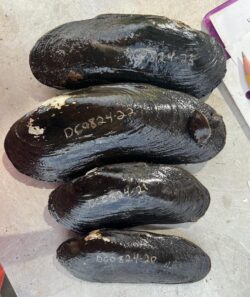
Endangered Spectaclecase Mussels
Habitat Modification and Fragmentation
Habitat modification, such as dam construction and other waterway alterations, profoundly impacts mussel populations.
Dams disrupt the natural flow of rivers, hinder sediment transport, and create conditions unsuitable for mussel survival. These changes harm species like the spectaclecase, which relies on deep, flowing pools.
Additionally, channelization and sedimentation from agricultural runoff further degrades habitats by smothering mussels and impairing their ability to filter nutrients effectively.
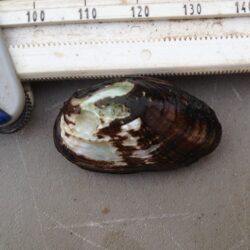
Endangered Rayed Bean Mussel
Pollution and Contaminants
Polluted runoff from agricultural, industrial, and urban areas introduces harmful substances like heavy metals, pesticides, and excess nutrients into waterways.
Elevated nutrient levels can lead to Harmful Algal Blooms (HABs) that deplete oxygen in the water and suffocate mussels.
Species such as the rayed bean, which depend on pristine habitats, are particularly vulnerable to poor water quality.
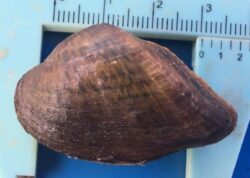
Endangered Snuffbox Mussel
Invasive Species
Non-native species, like zebra mussels, pose a dual threat to native mussels. They compete for resources while also physically attaching to the shells of native mussels, restricting movement and feeding.
This is particularly damaging for species like the snuffbox, which relies on specific host fish for reproduction and is particularly vulnerable in ecosystems disrupted by invasives.
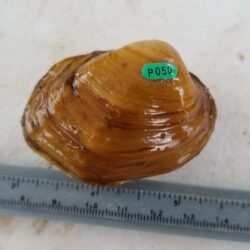
Endangered Sheepnose Mussel
Declining Host Fish Populations
The unique life cycle of freshwater mussels depends on specific fish species that serve as hosts for their larvae.
The loss or reduction of these host fish populations due to overfishing, habitat degradation, or pollution further threatens mussel reproduction.
This is a concern for species like the sheepnose, which rely on these essential relationships to sustain their populations.
Why Critical Habitat Designations Matter
Critical habitat designations are a key tool under the Endangered Species Act, identifying areas essential for the survival and recovery of listed species. These designations do not prevent land use or development outright but require federal agencies to consult with USFWS to ensure activities in these areas do not adversely modify the habitat.
The proposed designations introduce protections in areas where none previously existed and span river systems in states from Alabama to Wisconsin. These areas include habitats characterized by stable substrates, clean water, and healthy aquatic vegetation—conditions essential for mussel survival. By designating these areas as critical habitats, the USFWS is helping protect mussels and the broader ecosystem services they provide, such as improving water quality and supporting biodiversity.
How EnviroScience Can Assist
Navigating the regulatory requirements surrounding critical habitat designations can be complex. With over 30 years of experience, EnviroScience’s team of malacologists and environmental professionals is uniquely equipped to help clients navigate regulatory landscapes. Our services include:
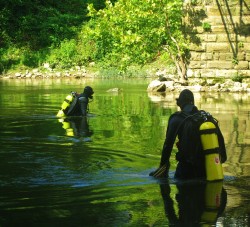
EnviroScience Malacologists Perform Endangered Mussel Survey
Endangered Mussel Surveys:
We assess species presence and habitat suitability.
Habitat Restoration:
Our team works to mitigate the impacts of development and pollution.
Regulatory Compliance Support:
We provide expert guidance to ensure projects meet federal, state, and local requirements for work in designated critical habitat areas.
By partnering with EnviroScience, clients can ensure their projects comply with regulatory standards while supporting essential conservation efforts. Visit our Endangered Mussel Surveys page to learn how we can assist with endangered mussel surveys and compliance needs.
EnviroScience remains dedicated to supporting clients and conserving freshwater ecosystems. Contact us today to discover how we can help you navigate these changes and contribute to protecting these vital species.
Few environmental firms in the country retain EnviroScience’s degree of scientific know-how, talent, and capability under one roof. The diverse backgrounds of our biologists, environmental engineers, scientists, and divers enable us to provide comprehensive in-house services and an integrated approach to solving environmental challenges—saving clients time, reducing costs, and ensuring high-quality results.
Our client guarantee is to provide “Excellence in Any Environment,” meaning no matter what we do, we will deliver on our Core Values of respect, client advocacy, quality work, accountability, teamwork, and safety. EnviroScience was created with the concept that we could solve complex problems by empowering great people. This concept still holds true today as our scientists explore the latest environmental legislation and regulations and incorporate the most up-to-date technology to gather and report data.
EnviroScience expertise includes but is not limited to aquatic surveys (including macroinvertebrate surveys and biological assessments); ecological restoration; ecological services (including impact assessments, invasive species control, and water quality monitoring); emergency response; engineering and compliance services; endangered mussel surveys; laboratory and analysis; stormwater management; sustainability services; threatened and endangered species; and wetlands and streams (including delineation and mitigation). Further, EnviroScience is one of the few biological firms in the country that is a general member of the Association of Diving Contractors International (ADCI) and offers full-service commercial diving services.
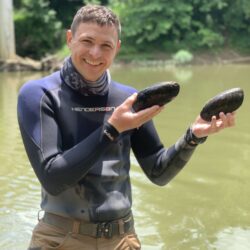 Scott LaValley’s journey into malacology began during his undergraduate studies at Central Michigan University, where he volunteered for mussel surveys and quickly made a significant discovery—a federally listed species, the Snuffbox, on his very first field trip. This initial experience sparked a deep interest in malacology, leading him to work on a dam removal project to mitigate impacts on the endangered Snuffbox mussels.
Scott LaValley’s journey into malacology began during his undergraduate studies at Central Michigan University, where he volunteered for mussel surveys and quickly made a significant discovery—a federally listed species, the Snuffbox, on his very first field trip. This initial experience sparked a deep interest in malacology, leading him to work on a dam removal project to mitigate impacts on the endangered Snuffbox mussels.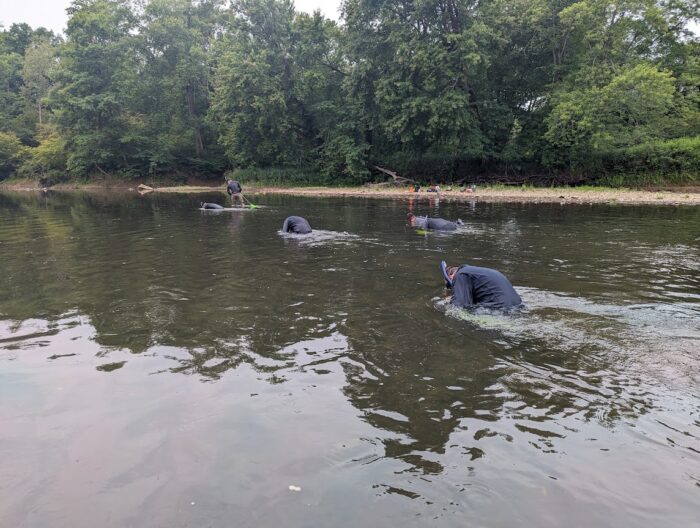
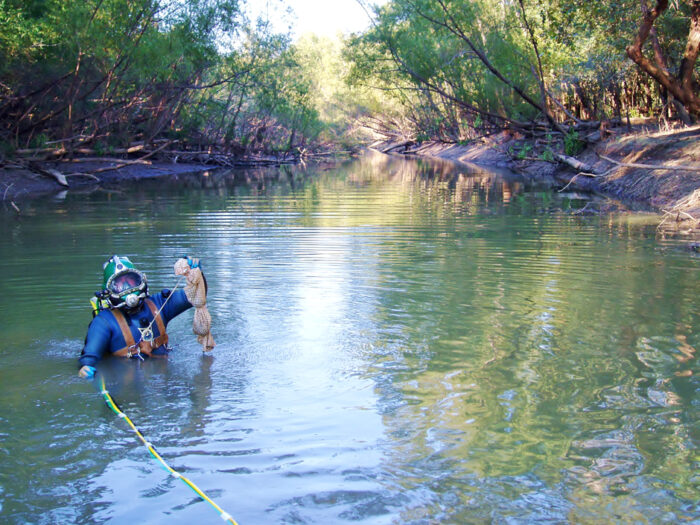
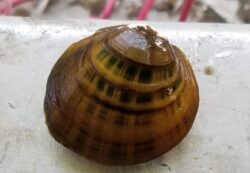 The longsolid mussel can live up to 50 years and grow five inches long. It is currently found in ten states (AL, IN, KY, NY, NC, OH, PA, TN, VA, and WV.)
The longsolid mussel can live up to 50 years and grow five inches long. It is currently found in ten states (AL, IN, KY, NY, NC, OH, PA, TN, VA, and WV.)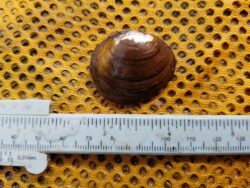 The round hickorynut mussel can live up to 15 years and grow three inches long. It is currently found in nine states (AL, IN, KY, MI, MS, OH, PA, TN, and WV.)
The round hickorynut mussel can live up to 15 years and grow three inches long. It is currently found in nine states (AL, IN, KY, MI, MS, OH, PA, TN, and WV.)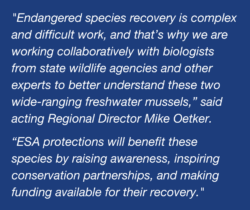 EnviroScience has permitted malacologists throughout the ranges for both species of freshwater mussels with extensive mussel-handling experience.
EnviroScience has permitted malacologists throughout the ranges for both species of freshwater mussels with extensive mussel-handling experience.